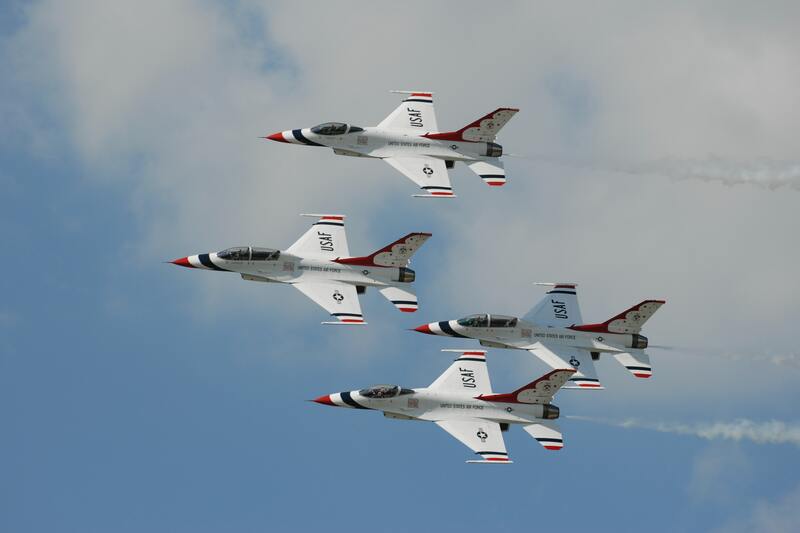
Blockchain could potentially be a part of US military weaponry. The DoD seeks to explore ways to innovate the development process and supply chain for arms and facilities in use by the U.S Air Force and U.S Navy in order to keep pace with the ever more technical battlelines of contemporary warfare.
Virtually held this year on October 20-23, the Advanced Manufacturing Olympics sought to recruit conventional DoD contractors, technology developers and scholars to mobilise new technologies for the manufacture and distribution of critical parts in the military supply chain , especially 3D printing.
SIMBA Chain, a smart contract-as-a-service platform developed the University of Notre Dame and ITAMCO, was awarded first place and a prize of $100,000 for its entry in one of the technical challenges set during the DoD’s olympics.
The DoD invented a war game scenario for the challenge, in which a fictitious island was under attack. Participants were charged with the implementation of additive manufacturing (on-demand 3D printing of metals, plastic and composite parts) and the development of a stable communications and distribution network for forward-loaded military units and medical front-line personnel. Joel Neidig, CEO of SIMBA Chain, explained:
“We […] had six days to put together an entire war games solution to deliver critical parts to a battlefront, keep field hospitals operational and infrastructure like runways intact. What was different about our approach was how we met both the physical challenges of war fighters as well as the cyber threats that are playing a growing role in modern warfare.”
Due to its use of blockchain, SIMBA defeated other players such as Boeing, which won third place, and Stratasys, second place, to provide a safe network that built cyber-resilient communications across the supply chain between additive manufacturing laboratories.
SIMBA Chain is already working with several arms of the DoD, including the Air Force and Navy. The company states it has “high hopes that blockchain, and specifically SIMBA Chain, will soon be an integral part of the U.S. military’s strategic weaponry.”
[image: Hans Dorries]

